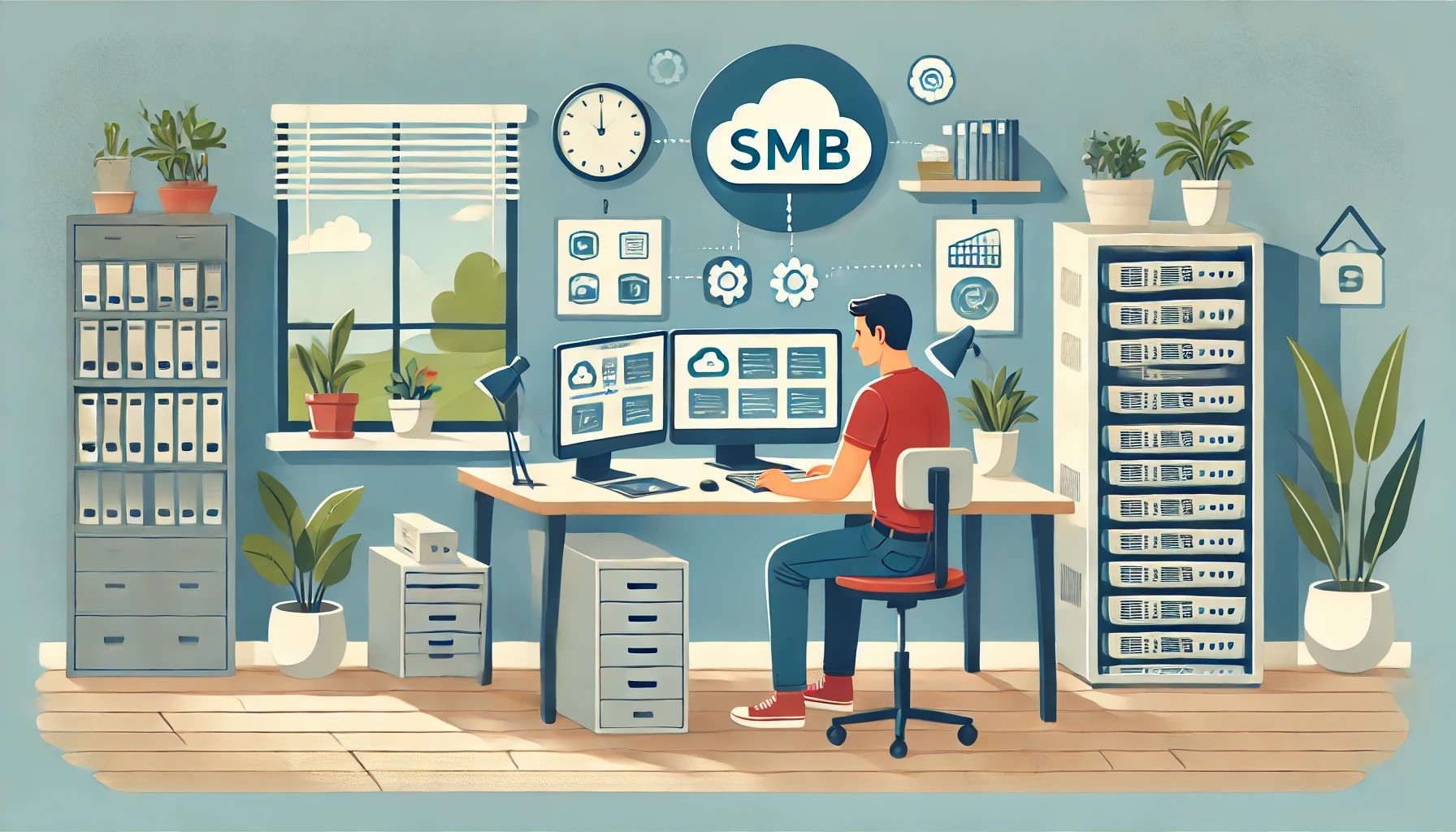Rackspace has introduced its first partner program with a formalized tier and benefit structure.
The new offering is designed to help the cloud, hosting, and managed services vendor convert its most committed resellers into a “fanatical channel,” according to Rackspace Channel Chief Lisa McLin (pictured), who stepped into that role last July.
“Rackspace has been built on fanatical support,” she says. “What we want is to take that mentality, the mentality of the customer getting fanatical support, and bring it forward through the channel.”
The Rackspace Partner Program, as it’s officially known, quietly launched at the beginning of the month. San Antonio, Texas-based Rackspace publicly announced the new offering yesterday. According to McLin, it replaces a largely transactional predecessor in which partners received little more than sales commissions.
“You submitted a lead, you closed the deal, and you got paid some type of incentive,” McLin explains. “In the new program, it’s more than that.”
Incremental resources provided through the revamped program, which contains three tiers, include a strategic agreement spelling out the resources and rewards each partner will receive. Among those benefits are market development funds that resellers can qualify for in escalating amounts based on engagement activities with Rackspace plus bookings and revenue.
Program members also receive access to a library of enablement resources, including training materials, two- to five-minute “microlearning” videos, and a new cloud guide tool that partners can use to conduct needs analysis discussions with their clients and then recommend customized lists of cloud solutions.
“It allows them to go down the path of determining what’s the best cloud opportunity or option for the customer,” McLin observes. Rackspace captures all of the data collected by the tool for future reference by its own salesforce.
“When Rackspace gets on the phone with that partner and customer for a three-legged call, we have the notes, so we’re not starting from scratch,” McLin says.
An enhanced partner portal introduced with the new program offers detailed information about closed and pending deals, including monthly values and actual or projected close dates. Rackspace can custom-tailor the system’s reports, dashboards, and alerts to each partner’s requirements.
“Early on, a partner account manager will work with the partner to make sure they’re leveraging that portal to the best of its ability,” McLin says.
Depending on their membership level, resellers also receive joint account plans, quarterly business reviews, executive sponsorship, access to the Rackspace Customer Experience Center in San Antonio, and personalized guidance on getting maximum ROI from MDF activities. That kind of hands-on support is representative of the new program, which emphasizes quality of relationship over quantity.
“We want to go very narrow and deep with these partners,” says McLin, noting that the program has fewer than 40 enrollees at present.
To accommodate partners not interested in establishing and maintaining a strategic alliance, Rackspace offers a “self-service” referral partner program offering access to the same core tools and resources. “They just don’t have a dedicated partner account manager,” McLin notes.
Once known largely as a hosting provider, Rackspace has built a diversified portfolio of managed services for public clouds, private clouds, security solutions, enterprise applications, and more in recent years.
Since last August alone, the company has added managed cloud support for SAP deployments, partnered with Hewlett Packard Enterprise on pay-as-you-go private cloud resources, and purchased managed hosting and colocation leader Datapipe, the largest acquisition in Rackspace’s history.
Most recently, Rackspace announced new managed security and compliance services for users Google Cloud Platform users.













